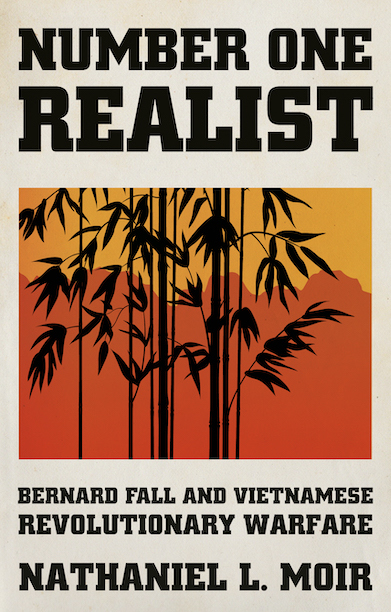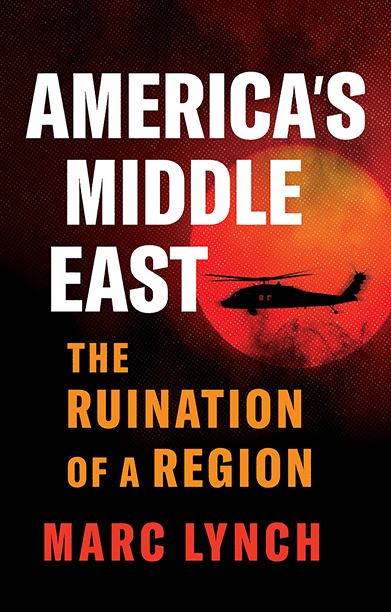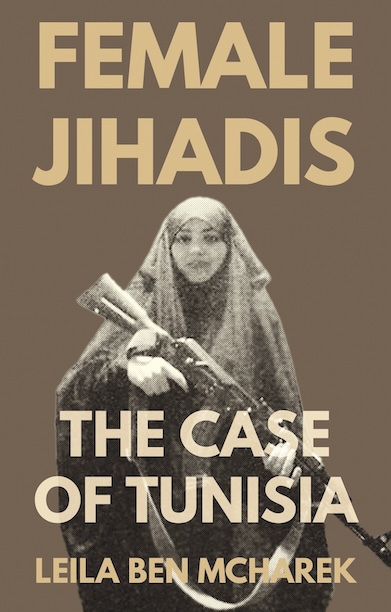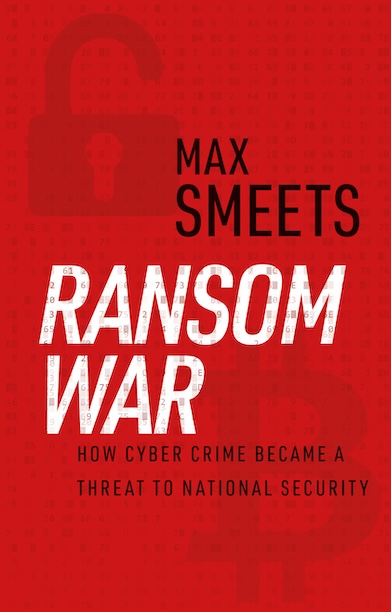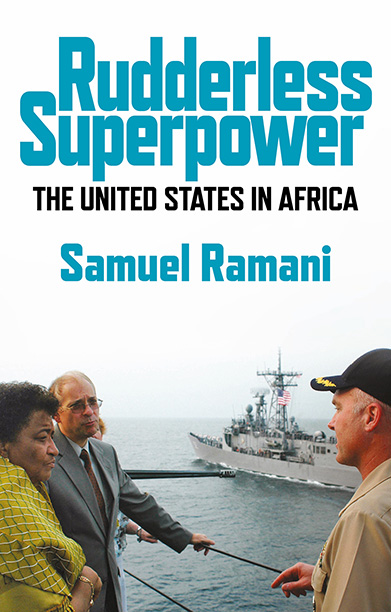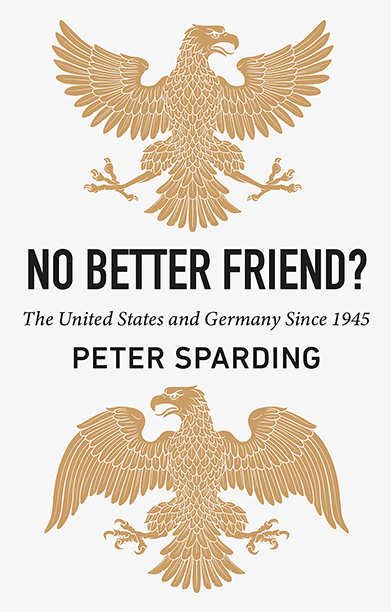Number One Realist
Bernard Fall and Vietnamese Revolutionary Warfare
An elegant biography of a highly influential twentieth-century military thinker, a man haunted by both the Holocaust and the futility of modern warfare.
Description
In a 1965 letter to Newsweek, French writer and academic Bernard Fall (1926–67) staked a claim as the ‘Number One Realist’ on the Vietnam War. This is the first book to study the thought of this overlooked figure, one of the most important experts on counterinsurgency warfare in Indochina. Nathaniel L. Moir’s intellectual history analyses Fall’s formative experiences: his service in the French underground and army during the Second World War; his father’s execution by the Germans and his mother’s murder in Auschwitz; and his work as a research analyst at the Nuremberg Trials.
Moir demonstrates how these critical events shaped Fall’s trenchant analysis of Viet Minh-led revolutionary warfare during the French-Indochina War and the early Vietnam War. In the years before conventional American intervention in 1965, Fall argued that—far more than anything in the United States’ military arsenal—resolving conflict in Vietnam would require political strength, willpower, integrity and skill.
Number One Realist illuminates Fall’s study of political reconciliation in Indochina, while showing how his profound, humanitarian critique of war continues to echo in the endless conflicts of the present. It will challenge and change the way we think about the Vietnam War.
Reviews
‘Moir’s study is excellent.’ — Chartist
‘More than a biography, this is a meticulous, painstaking, deeply detailed account of 30 years of Vietnam’s agony at the hands of both the French and the Americans.’ — Asia Sentinel
‘Moir has done the field of Vietnam War history a service by providing such a thorough treatment of Fall’s important and fascinating life … Soldiers and scholars can better understand the capabilities needed to succeed in these kinds of wars by reading this book.’ — Strategic Studies Institute
‘“To win the military battle but lose the political war could well become the U.S. fate in Vietnam,” observed Bernard Fall in 1962. In Number One Realist, Nathaniel Moir gives us a superbly rich biography, combined with an illuminating history of irregular and revolutionary warfare, subjects on which Fall was one of the twentieth century’s pioneering authorities. This is much more than a contribution to the history of that long and complex war in Indochina, the end of which Fall did not live to see. It is a profound study of war as a perennial human phenomenon and how best to think and write about it.’ — Niall Ferguson, Milbank Family Senior Fellow, Hoover Institution, Stanford, and author of Kissinger, 1923–1968: The Idealist
‘Bernard Fall remains one of our foremost up-close analysts of the long struggle for Vietnam. In this superb study he gets the nuanced and incisive treatment he deserves.’ — Fredrik Logevall, Professor of History, Harvard University
‘Moir shines with this timely, relevant appraisal of Bernard Fall, the most perceptive critic of French and American political-military operations in Southeast Asia during the Cold War era. A superb evaluation of Fall and his influential scholarship on revolutionary warfare.’ — Gregory A. Daddis, USS Midway Chair in Modern U.S. Military History, San Diego State University
‘Moir’s book illuminates the contributions of a very influential figure and fills a major gap in the historiography of the Vietnam War, the history of military thinking on Revolutionary Warfare. Enlightening.’ — Sophie Quinn-Judge, author of Ho Chi Minh and The Third Force in the Vietnam War
‘Original and exceptionally well-researched, this will be popular amongst scholars and readers of the Second World War and the Cold War.’ — Craig Whiteside, Associate Professor of National Security Affairs, U.S. Naval War College, and a co-author of The ISIS Reader
Author(s)
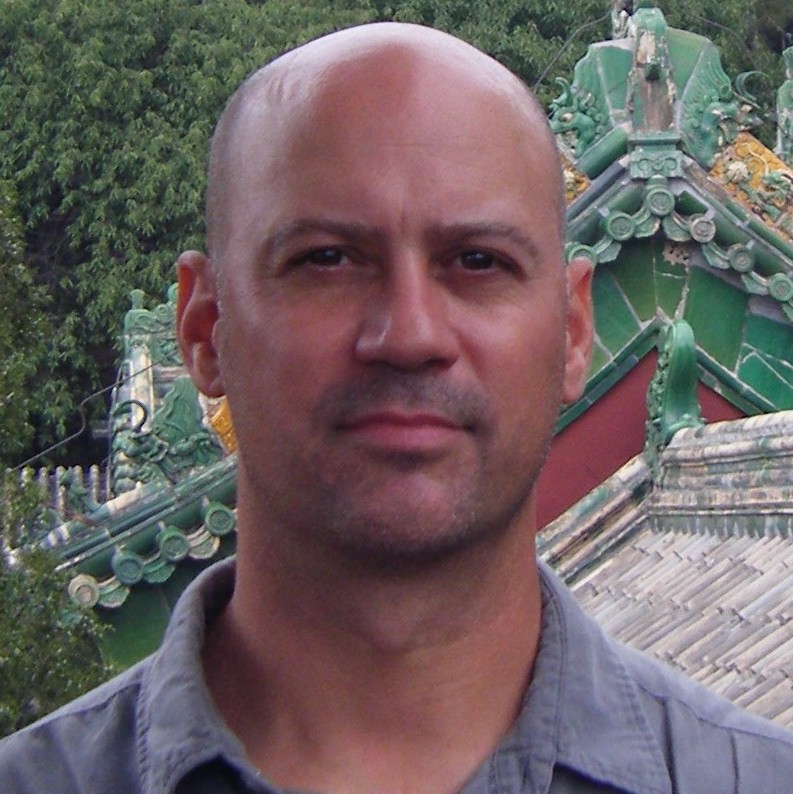
Nathaniel L. Moir is a research associate in the Applied History Project at the John F. Kennedy School of Government, Harvard University. He is a veteran of the war in Afghanistan, a former senior research fellow at the Naval Postgraduate School, and a former Ernest May Postdoctoral Fellow in History and Policy at the Kennedy School.
